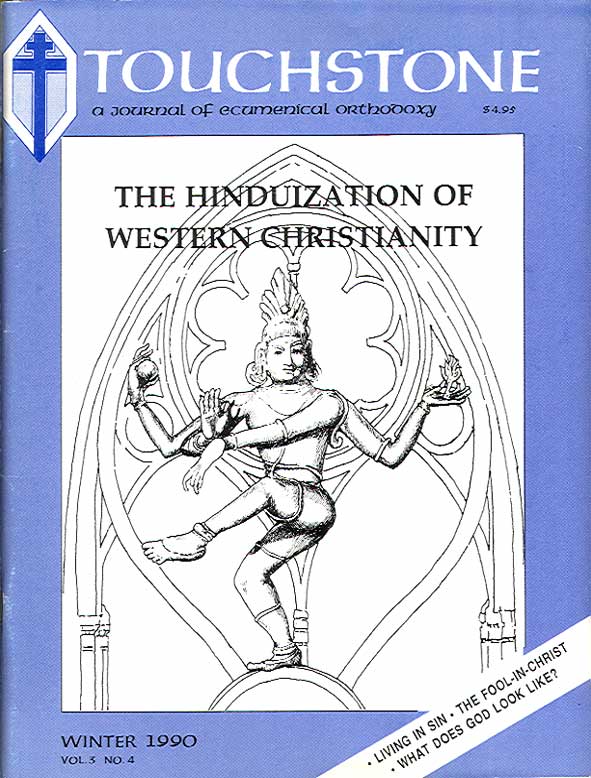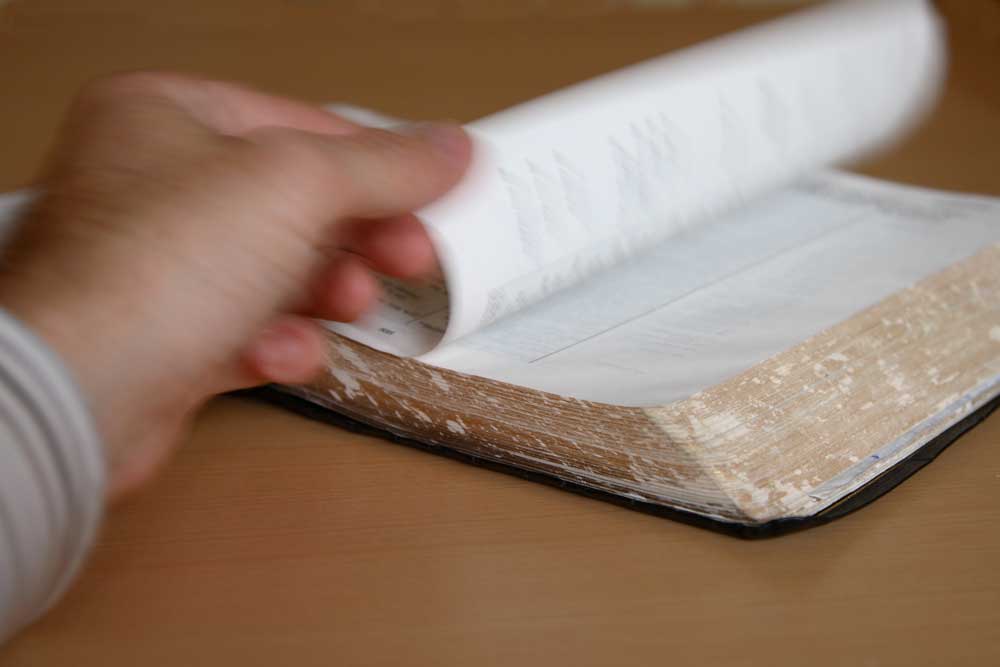Father in God
by John F. Harriman
“Reverend Father in God, we present unto you this godly and well-learned man, to be Ordained and Consecrated Bishop.”
This formula appeared in the first English Ordinal of 1550 and was repeated in successive Prayer Books for over four hundred years until the 1979 book of the Episcopal Church (U.S.A.), which substituted the form of address, “N., Bishop in the Church of God.” Apparently “Reverend Father in God” had seen its day. The change was made to accommodate the canon passed by General Convention in 1976 which opened ordination as priests and bishops to women, but I am not aware of any discussion of the rationale for this particular semantic choice. Perhaps it has seemed too insignificant to be worthy of comment. And yet, it seems to me that it signals a substantial change, with profound implications not only for the Anglican Communion but also for the wider ecumenical community, a change which calls for analysis.
Historical Background
The title “Father in God” has not been limited to bishops, nor for that matter, to ordained men. The word abbot means “father” (from the Aramaic abba, the word our Lord himself used in speaking of his Father), and was used in earliest monasticism. St. Benedict in his Rule emphasizes that the abbot is to be a father to his monks. St. Benedict was not ordained, so far as we know, and there is no indication in his Rule that he expected the abbot of the monastery to be ordained. (The position of abbot was a quasi order in itself.) In the Russian church, the staretz (literally, “old man”), a holy man sought out for spiritual direction, is called “father.” The custom of extending to priests the title “father” is relatively recent in history, particularly in Anglicanism, but is now widespread.
Still, the universal use of “father in God” naturally attaches to bishops. Though bishops have had many roles through the centuries—missionary, teacher, jurist, landlord, prince, scholar, and especially in our time, chief executive officer—the role of father in God has been constant. The only other role I can think of that compares with it in conveying that most intimate relation between bishop and people is “shepherd” (in Latin, pastor).
Church & Family
The correlate of a bishop (or priest) as father in God is the Church as family. While writing this article, I received a parish newsletter with its message from the rector, who wrote: “We are a family—a real family—not a family of blood but a family of baptism. As we are in Christ so we are brothers and sisters to one another. . . .” This is basic. The Church is essentially “family in God” and I would say that calling the bishop “father” traditionally points to the bishop’s essential relationship within that reality.
Within the family, relations are primary; that is, they are not so much defined or prescribed by any formal contract, such as a constitution or job description, as they are inherent in membership itself. The family is comprised of those persons with whom we are related simply by being born—father, mother, brother, sister, and in the “extended family” uncles, aunts, and cousins, both natural and adopted. Our role as father or mother, son or daughter, brother or sister, uncle or aunt, or cousin, is given to us.
In contrast to the primary relations within a family are the secondary relations we have with other people at work or in school or in society at large. These relations are not inherent but are prescribed by social convention or the need of the moment. Secondary relations exist in the Church, too. In order to do its business, the Church must have canons, vestries, councils, laws, rules, and regulations, all of which inevitably entail secondary relationships. The Church can sustain secondary relationships provided they do not replace primary relationships. If the Church became no more than an organization governed by rules and laws and procedures, it would be but one institution among others and no longer the family of God.
When all qualifications have been made, the truth remains that the Church is in essence a family. This is not a truth of moral appeal—that we ought to act like a family in the Church. It goes without saying that we ought to act like a family—that is, a good family. For the family should embody the qualities of love, warmth, nourishing, caring, sharing, loyalty, and mutual support, when too often in practice it is the scene of rivalry, conflict, and abuse. Nevertheless, a necessary characteristic of the family is that, for better or worse, its members are tied to each other by indissoluble bonds. Thus the underlying truth in God is not that we ought to act like a family, but that we are a family, any appearances to the contrary notwithstanding. As the rector says, we become members of the Christian family by baptism, in which we are granted “that which by nature [we] cannot have,” in the words of the older Prayer Book baptismal office, unfortunately lost in the 1979 rite. In the Church we have fathers and mothers (some of them formally godfathers and godmothers); we are brothers and sisters to each other. In the Church, as in the natural family, our essential relations with each other are primary.
subscription options
Order
Print/Online Subscription

Get six issues (one year) of Touchstone PLUS full online access including pdf downloads for only $39.95. That's only $3.34 per month!
Order
Online Only
Subscription

Get a one-year full-access subscription to the Touchstone online archives for only $19.95. That's only $1.66 per month!
bulk subscriptions
Order Touchstone subscriptions in bulk and save $10 per sub! Each subscription includes 6 issues of Touchstone plus full online access to touchstonemag.com—including archives, videos, and pdf downloads of recent issues for only $29.95 each! Great for churches or study groups.
Transactions will be processed on a secure server.
more from the online archives

27.6—Nov/Dec 2014
Tales of Forbidden Stereotypes
Real-Life Men & Women & the Tragic Loss of Human Comedy by Anthony Esolen

33.2—March/April 2020
Christian Pro-Family Governments?
Old & New Lessons from Europe by Allan C. Carlson
calling all readers
Please Donate
"There are magazines worth reading but few worth saving . . . Touchstone is just such a magazine."
—Alice von Hildebrand
"Here we do not concede one square millimeter of territory to falsehood, folly, contemporary sentimentality, or fashion. We speak the truth, and let God be our judge. . . . Touchstone is the one committedly Christian conservative journal."
—Anthony Esolen, Touchstone senior editor







